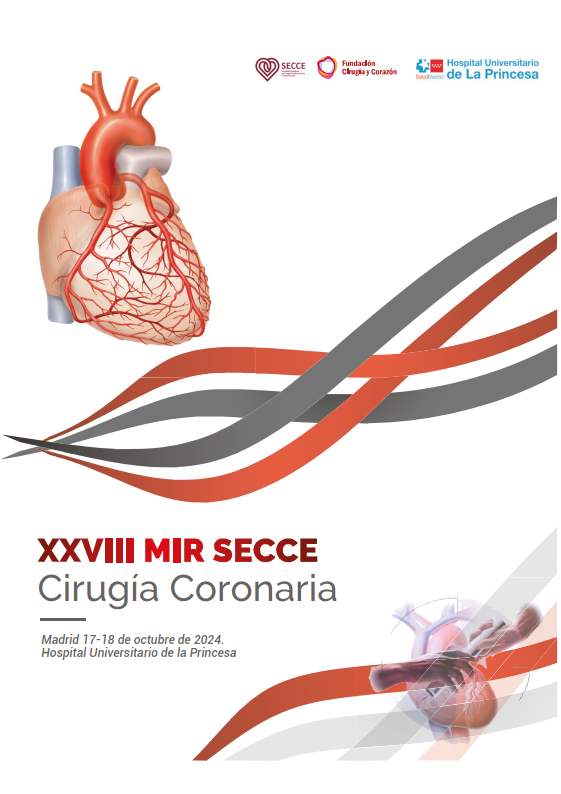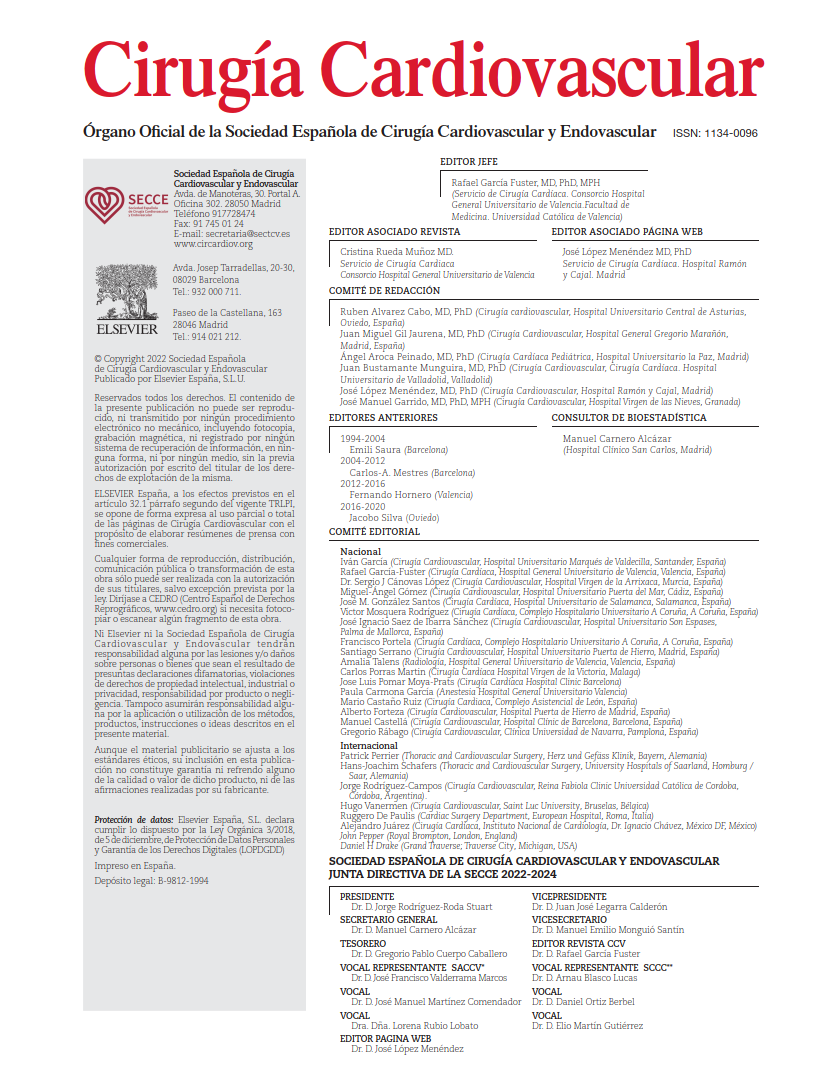Spain has long stood out globally for its leadership in organ donation. In 2021, Spain and the United States led worldwide transplant rates, with 102.4 and 126.8 transplants per million people, respectively, according to the latest report from the World Observatory on Donation and Transplantation (September 2022). Nevertheless, transplant waiting lists, particularly for heart transplants, are often saturated, leading to numerous patient deaths while awaiting organs. In efforts to increase the donor pool, reduce bridge-to-transplant therapies, and decrease waitlist mortality, recent decades have seen expanded donor age criteria, inclusion of new donor profiles, such as diabetic individuals, and more recently, acceptance of HCV-positive (HCV+) donors.
Kwon et al. discuss this subject in their recent article published in Annals of Thoracic Surgery, presenting a prospective cohort study conducted at the Medical University of South Carolina that analyzes the UNOS database. Data from 1,170 transplants (7% of total heart transplants) involving HCV+ donors were collected between March 2015 and June 2021. Exclusion criteria included recipients under 18, multiorgan transplants, and non-HCV recipients. Donor criteria were HCV+ based on antibody presence and/or viral load, with the majority being brain-dead patients who had suffered opioid overdose. Among the 1,170 transplants performed, 772 recipients (62.7%) were HCV+ prior to the transplant. The primary outcome was 1-year post-transplant survival, with secondary outcomes including 3-year survival, dialysis rates, stroke, adverse drug reactions before rejection and/or within the first year post-transplant. Statistical analyses included Cox multivariable regression and Kaplan-Meier survival curves. Analyzing total heart transplants within the study period (n=16,648), a significant rise in HCV+ transplants was observed, increasing from 0.12% to 12.9% (Pearson correlation coefficient r = 0.967, p < 0.001). Notably, HCV+ recipients experienced reduced waitlist time (58 vs. 71 days, p < 0.004), consequently minimizing bridge therapy duration. Unadjusted 1- and 3-year survival rates showed no statistically significant differences between HCV-negative and HCV+ recipients. Risk-adjusted rates confirmed similar outcomes, demonstrating that donor HCV+ status did not affect patient mortality.
In conclusion, this study demonstrates that recipients of hearts from HCV+ donors have mid-term survival outcomes comparable to those receiving hearts from HCV-negative donors.
COMMENTARY:
Although based on American registry data, this study is the largest to date in terms of follow-up duration and patient inclusion. However, it has limitations: heart transplants using HCV+ donors is a relatively recent practice in the United States, meaning that most patients included in the analysis had not reached the 3-year follow-up by the study’s end date. Consequently, ongoing follow-up is essential to ensure long-term safety. Another limitation is that the study was conducted during the SARS-CoV-2 pandemic, where emergency conditions may have influenced donor profiles, transplant volume, and outcomes.
Compared to other organ transplant types, the number of heart transplants remains stagnant, primarily due to the scarcity of suitable organs (according to Colvin et al., the number of donors remains less than half of the patients on the waiting list). Thus, identifying new strategies to increase the availability of viable organs is critical.
Beyond survival outcomes, the most innovative aspect of this study lies in evaluating the potential of expanding the donor pool to include HCV+ donors. Historically, active HCV infection was an exclusion criterion due to the lack of effective treatments. However, thanks to the development of new antiviral drugs over the last decade, we can now treat HCV infection with cure rates close to 95%. Supported by emerging data from studies in Spain, we may expect an increase in this type of donor in future heart transplant waitlists.
REFERENCE
Kwon JH, Hill MA, Patel R, Tedford RJ, Hashmi ZA, Shorbaji K, Huckaby LV, Welch BA, Kilic A. Outcomes of Over 1000 Heart Transplants Using Hepatitis C-Positive Donors in the Modern Era. Ann Thorac Surg. 2023 Feb;115(2):493-500. doi: 10.1016/j.athoracsur.2022.11.002.



